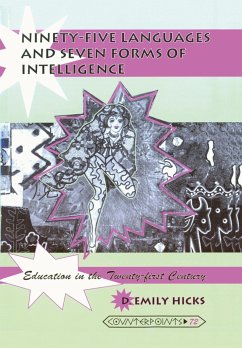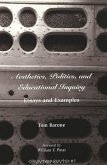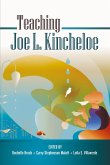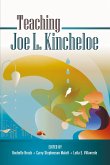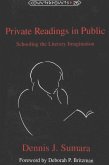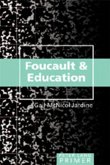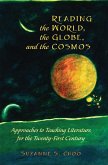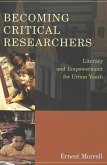Classrooms of the future will be multicultural classrooms. Ninety-five Languages and Seven Forms of Intelligence uses a multidimensional approach to examine the relationship between multicultural classrooms and border cities in the postmodern era. D. Emily Hicks argues that the diverse nature of the students in classrooms of the next century demand that we rethink the notions of community, citizenship, and the state. Drawing on the work of Paolo Freire, Gilles Deleuze, Felix Guattari, and Antonio Negri, while using literary examples of Chicano/a literature, this text bridges the fields of pedagogical theory and cultural studies.
"Vitally connected to the most pressing issues facing contemporary cultural workers, this new work by Emily Hicks breaks new and important ground. It is an uncompromising account that has important implications for a wide range of fields of human knowledge. Hicks is one of the most important thinkers writing at the intersection of cultural criticism and pedagogy." (Peter McLaren, Professor, Department of Education, School of Education and Information Sciences, University of California, Los Angeles)
"This book makes an important contribution to the fields of critical pedagogy and cultural studies." (Stanley Aronowitz, Professor, Sociology, The Graduate School and University Center, CUNY)
"This book makes an important contribution to the fields of critical pedagogy and cultural studies." (Stanley Aronowitz, Professor, Sociology, The Graduate School and University Center, CUNY)

